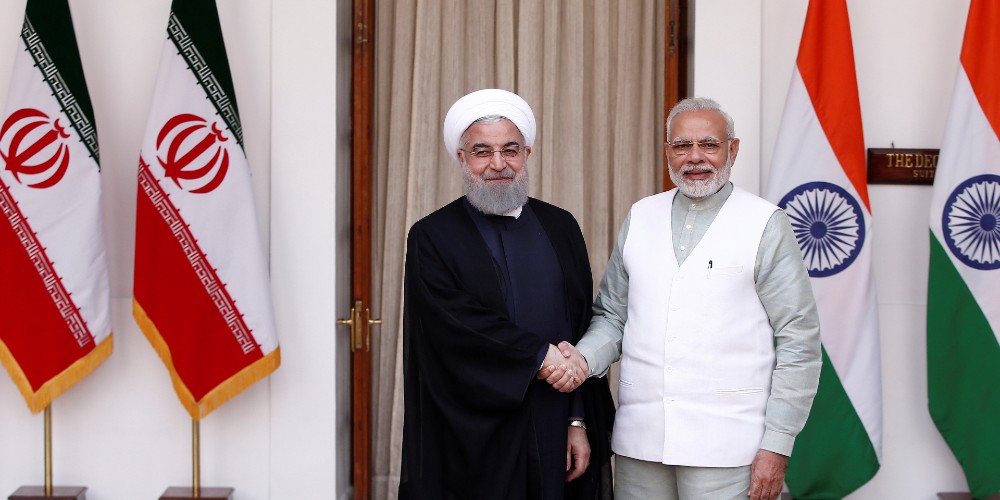With the attacks on merchant vessels increasing at an alarming rate, the estimated costs of maritime piracy, which is a significant threat in the Gulf of Aden and the north-west Indian Ocean, has reached $7 to $12 billion a year.
A report, ‘The Economics of Piracy: Pirate Ransoms and Livelihoods off the Coast of Somalia’, by international strategic advisory consulting firm Geopolicity states that maritime piracy is fast emerging as an industry that benefits pirates, financiers, sponsors, private security contractors, and insurance companies.The report also states that the income of pirates could rise to $400 million by 2015.
Another study by Oceans Beyond Piracy (One Earth Future Foundation), which mainly studied the economic costs of Somali piracy, estimates that the costs of ransoms in 2009 and 2010 were about $177 million and $238 million respectively. However, the pirates do not pocket all these money. According to a 2008 UNSC report, the ransom money that the pirates get is divided between the pirates (30 per cent), investors (50 per cent), the ground militia who control the home base of pirates (10 per cent), and local officials (10 per cent). There is not much detail about what happens to the money after it is received by all the parties.
This study has also estimated that the total costs of maritime piracy in 2010 stood between $7 to $12 billion per year. The costs taken into account in this study include ransoms, re-routing ships to avoid piracy regions, deterrent security equipment, naval forces, insurance premiums, piracy prosecutions, anti-piracy organizations, and cost to regional economies.
Despite international efforts to tackle the threat posed by maritime piracy, the number of attacks on merchant vessels are only increasing. Compared to 263 attacks in 2007, 293 in 2008, 410 in 2009, there were 445 attacks in 2010. Statistics from International Maritime Bureau (IMB) state that in 2011 alone (till April 28, 2011) there have been 173 attacks and 23 hijackings, out of which 117 attacks and 20 hijackings have been reported for Somalia. Currently, the Somali pirates are holding 26 vessels and 518 hostages, according to IMB.
The rising incidents of maritime piracy is causing concern given the fact that about 80 per cent of world trade happens via the sea route. The threat is more serious for a country like India against whom the Somali pirates have declared an open war. Around 53 Indian sailors are being held hostage on five different hijacked ships by the Somali pirates at present. The pirates are targeting Indian sailors and vessels as they want India to release more than 100 pirates who were earlier captured by the Navy and the Coast Guard. While the Indian Government is contemplating deployment of commandoes on merchant vessels, there is no guarantee that this move will deter the pirates from attacking Indian vessels and sailors.
At present, three international naval task forces (Combined Task Force 150, Combined Task Force 151, and EU Naval Task force) are engaged in anti-piracy operations, apart from individual efforts by countries like India, Russia, China, Norway, and Australia. Despite such united military response against this menace, there has not been much success. This has given rise to calls for using private military companies to fight the problem. Jardine Matheson, a major shipping insurer, has already proposed funding a private navy to patrol the Somali coast. Shipping companies have also begun hiring armed private guards to protect their vessels and sailors.
Most of the operations against pirates till now have been defensive in nature and therefore does not guarantee a solution to the problem. Without attacking the home base of pirates and eliminating key figures who run these networks, not much success can be achieved by just prosecuting the captured pirates in a host of different countries.
Analysts argue that direct attack on the land bases of the Somali pirates will not be popular within Somalia and the countries involved in anti-piracy operations are also reluctant to go for this option. They argue that private actors have no such political compulsion and they can directly attack the support bases of these pirates in Somalia. Ansel Halliburton, in a paper titled ‘Pirates Versus Mercenaries: Purely Private Transnational Violence at the Margins of International Law’ points towards a possibility of shipping companies using “private military companies to conduct offensive attacks against known pirate networks”.
According to the paper, “Somali piracy presents a unique nexus of problems: actors based in a failed state, attacks in international waters beyond states’ territorial jurisdictions, lack of leverage in ransom negotiations, and very high costs for apprehending pirates at sea and prosecuting them.”
Since the military, political, and legal response from the international community to tackle the maritime piracy problem has not yielded desired results, the shipping companies and their insurers are looking at the option of using private forces to take on the pirates. Whether this can happen given the existing international laws and conventions is a question that they have to explore.
(This article first appeared on the website of Centre for Land Warfare Studies on June 06, 2011)


